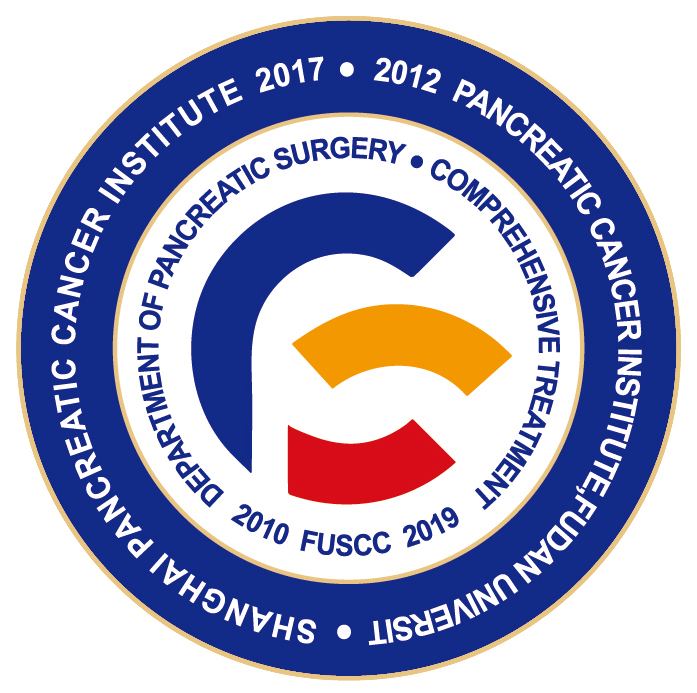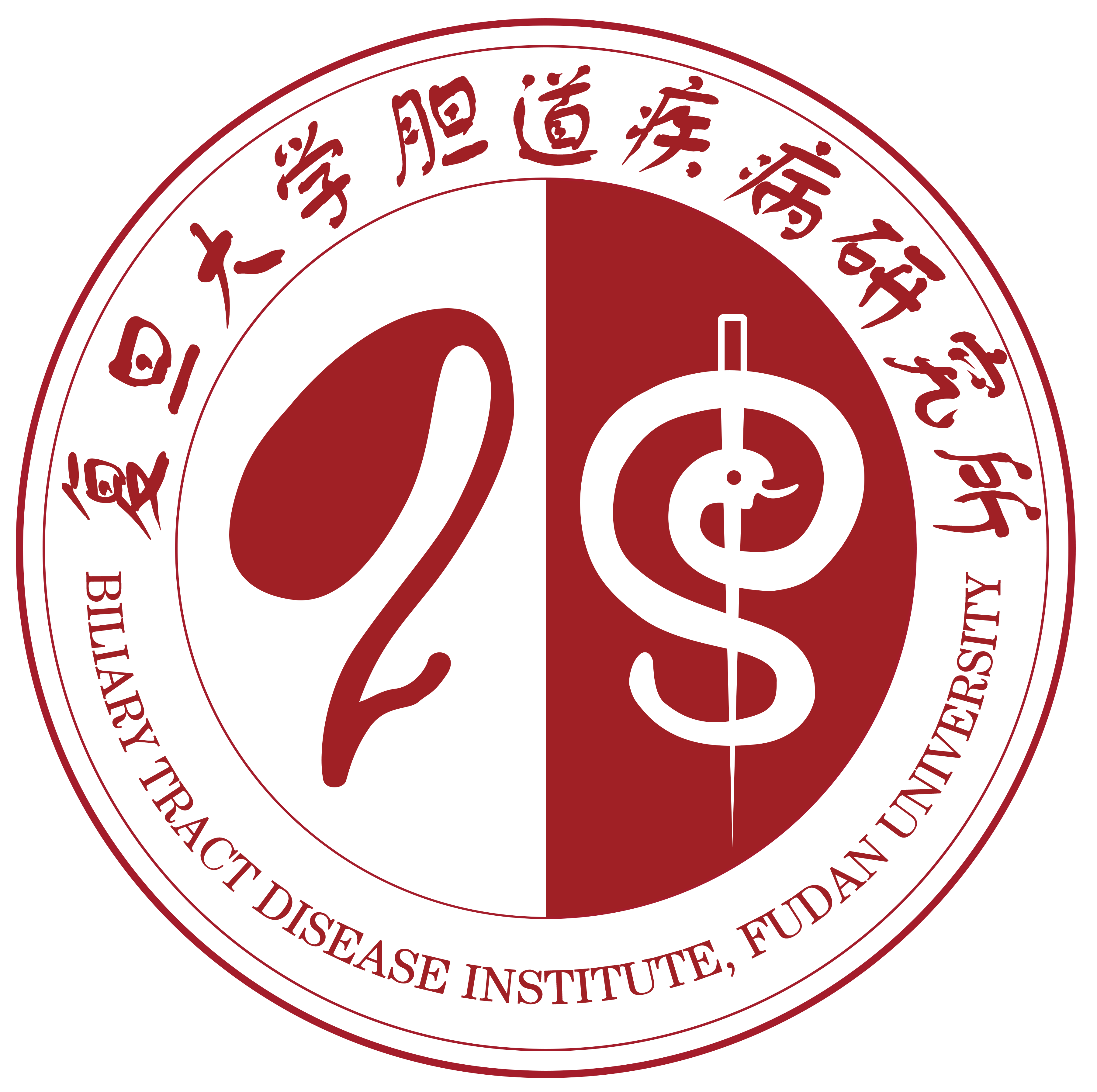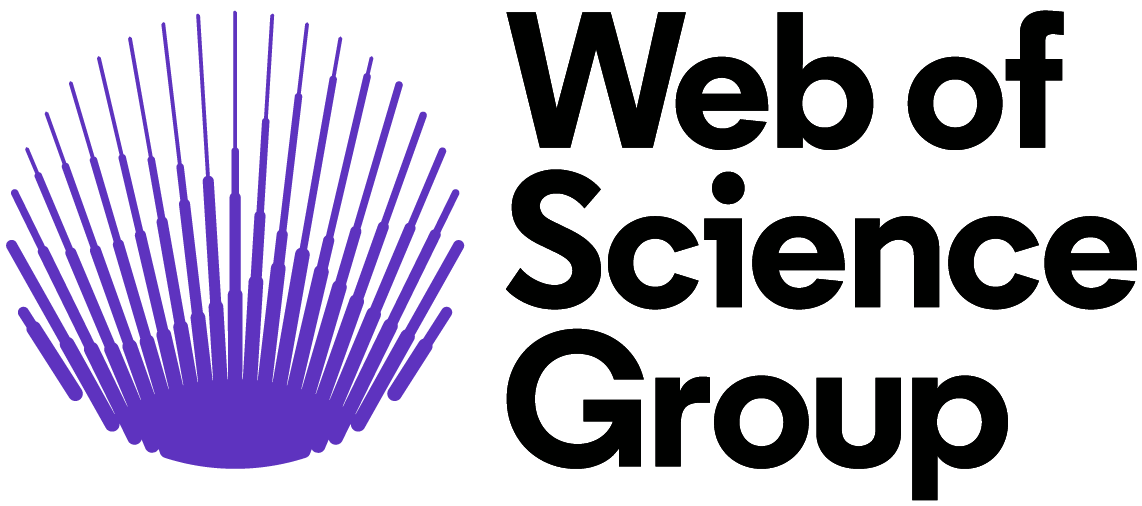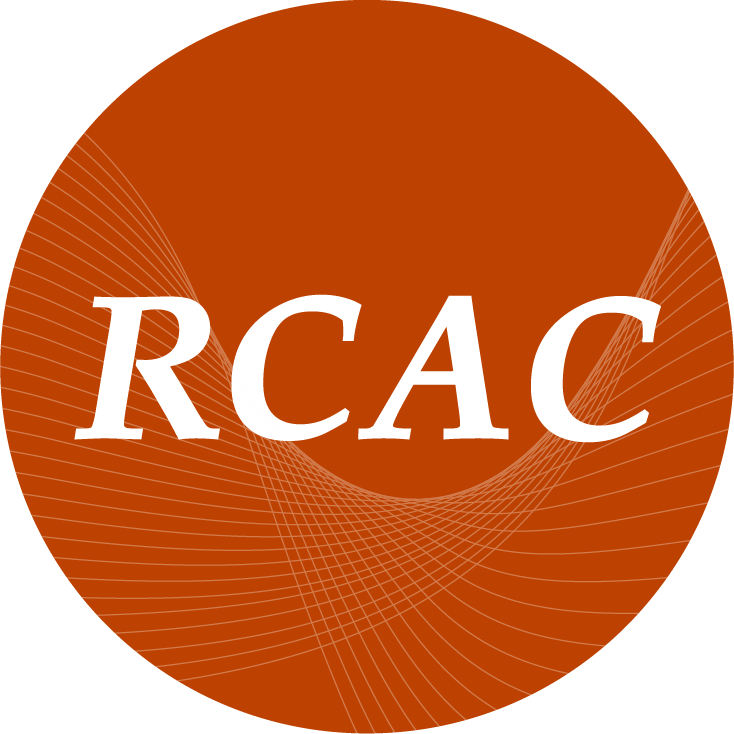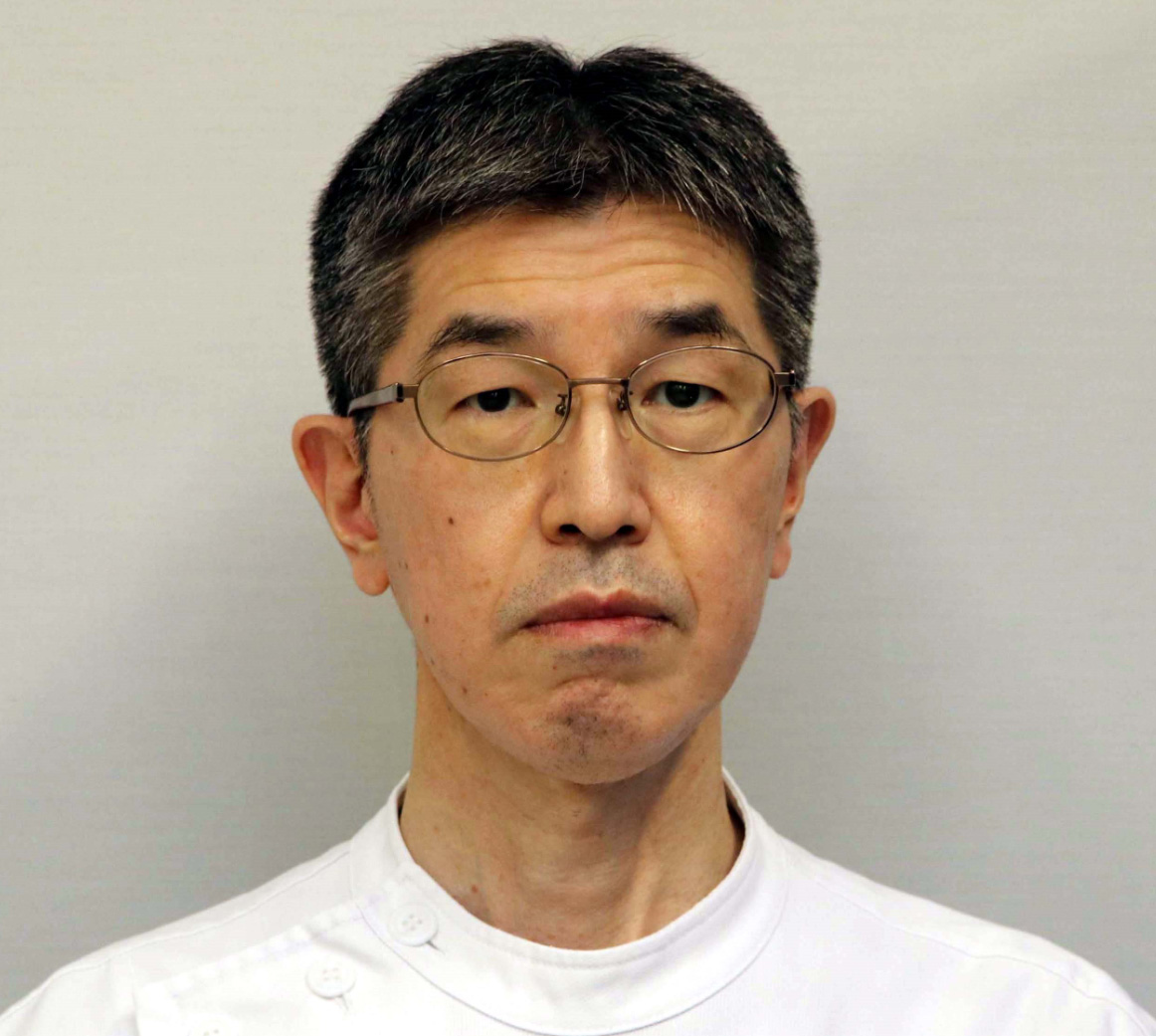Hirayuki Enomoto obtained the medical degree in 1993 and PhD in 2001 at University of Osaka. He has been working in the field of the basic and clinical gastroenterology. In the graduate school of medicine, he investigated the mechanisms of cell growth and differentiation with various techniques of the molecular biology (J Biol Chem 2000; Hepatology 2002; J. Biol Chem 2003; J Cell Sci 2004). Current his major working field is the basic and clinical hepatology regarding the topics related to chronic liver diseases (CLDs), including viral hepatitis, nonalcoholic fatty liver disease (NAFLD), and autoimmune liver diseases. He has published papers regarding the diagnosis and treatment for CLDs, including antiviral therapy (J Viral Hepat. 2012; J Gastroenterol. 2014; World J. Hepatol. 2015) and liver fibrosis markers (World J Hepatol. 2012; Gastroenterol Res Pract. 2014; World J Gastroenterol. 2015; Hepatol Res 2015; Hepatol Res 2016). He has been also studying clinical complications of liver cirrhosis such as portal hypertension (J Hepatol. 2012; Ann Hepatol. 2013; World J Hepatol. 2015). Recently, he reported two papers regarding the transition in the etiologies of liver cirrhosis and hepatocellular carcinoma in Japan (J Gastroenterol. 2020; J Gastroenterol. 2021). In addition, his group identified a novel growth factor (hepatoma-derived growth factor: HDGF). He reported that HDGF participated in the development of progression of various liver disease, including hepatocellular carcinoma (Anticancer Res. 2015; Int J Mol Sci. 2015; Sci Rep. 2018; In Vivo. 2020; Int J Mol Sci. 2020).



